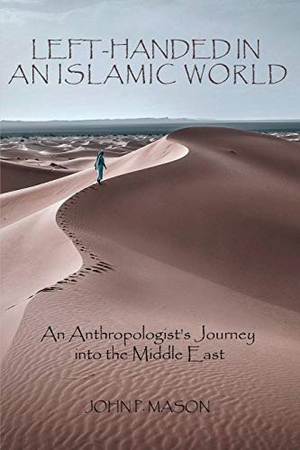Für statistische Zwecke und um bestmögliche Funktionalität zu bieten, speichert diese Website Cookies auf Ihrem Gerät. Das Speichern von Cookies kann in den Browser-Einstellungen deaktiviert werden. Wenn Sie die Website weiter nutzen, stimmen Sie der Verwendung von Cookies zu.
Cookie akzeptieren
- NAP/VELLUM
- 2017
- Taschenbuch
- 288 Seiten
- ISBN 9780998147710
A major aim of the book is to present stories of Arabs the author met and lived with as a social anthropologist. The stories cover a period from 1968-2012. Lawrence of Arabia serves as an inspiration for the journey. Throughout the book the author calls upon a significant amount of history to give a background and to contextualize the stories. The stories describe the social lives of Arabs in a variety of places, those living in an oasis village, others in a mid-sized city, and yet others in a major metropolis. Some of the places are conflict or post-conflict zones. One is in a state of
Mehr
Weniger
zzgl. Versand
in Kürze